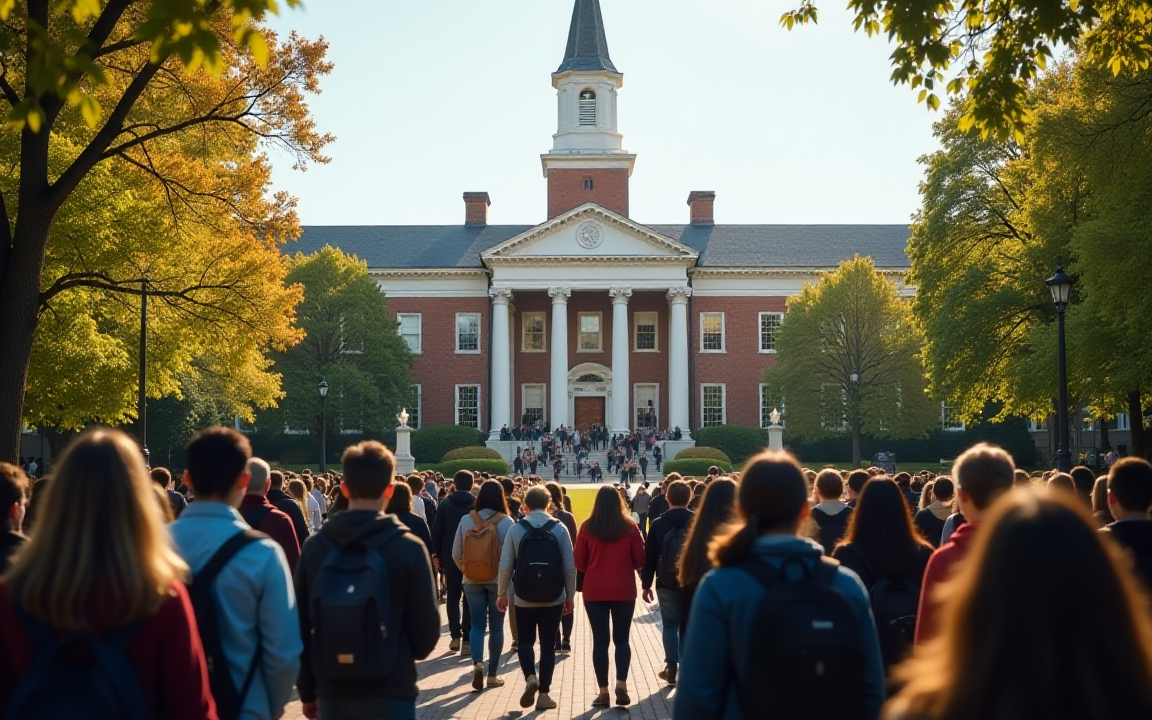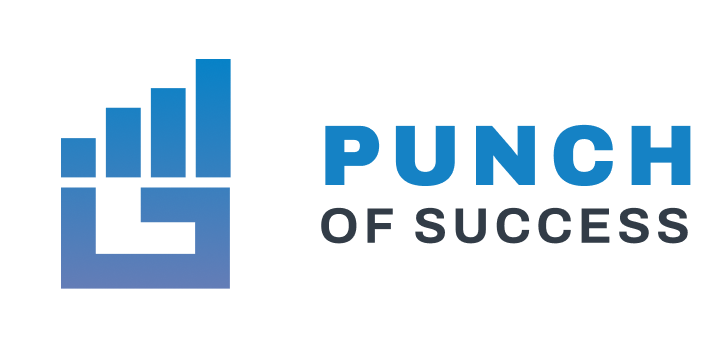How Trump’s tax bill could give SoFi a big student loan windfall

Private student lenders such as SoFi Technologies Inc. could emerge as major beneficiaries of President Donald Trump’s proposed tax legislation, which introduces new limits on how much students and parents can borrow from the federal government.
The bill, passed by the Senate and awaiting a vote in the House, is expected to reshape how Americans finance higher education by narrowing access to federal student loans.
Historically, federal loans have been favored for their consistent terms, relatively low interest rates, and income-based repayment options.
But if the bill becomes law, families sending students to college—particularly those in expensive graduate or professional programs—may find that federal loans no longer cover the full cost.
That would leave a funding gap that private lenders are well positioned to fill.
SoFi, which began as a student loan refinancing platform, is one of the best-known providers of private student loans and could see increased demand as a result of the legislation, analysts said.
New borrowing limits could shift demand to private sector
The tax measure proposes significant caps on federal student loans.
Graduate students would be allowed to borrow up to $20,500 per year, with a $100,000 lifetime limit.
For professional students—such as those studying law, medicine, or business—the cap would be higher, at $50,000 annually and $200,000 in total.
Currently, graduate students can borrow up to $138,500, while professional students can take on as much as $224,000.
The legislation also restricts how much parents can borrow through the federal Parent PLUS loan program.
Parents would be limited to $65,000 in total borrowing per student, down from the previous standard of covering any remaining cost of attendance after financial aid.
These changes could push many students and families toward the private lending market.
“Given borrowing limits, many students, particularly those attending higher-cost grad programs or professional schools who profile as SoFi’s key target customer, may be unable to finance their education costs with just federal loans, forcing many to private lenders,” Tim Switzer, a vice president at Keefe, Bruyette & Woods who focuses on financial technology, said in an email to Bloomberg.
Refinancing activity may also rise
In addition to new loan originations, the proposed legislation may encourage more borrowers to refinance existing student loans.
Changes to income-driven repayment plans and federal forgiveness programs could reduce the appeal of staying within the federal system, especially for those with higher incomes.
“Refinancing demand should also accelerate with the resumption of debt collection and higher payments,” said Devin Ryan, head of fintech research at Citizens Financial Group Inc.
“SoFi has terrific market share in student lending, and, with a number of lenders pulling back in recent years, we expect the firm to be a primary beneficiary of increasing demand.”
SoFi says it is prepared for a shift
SoFi declined to comment on the pending legislation.
However, during its April earnings call, CEO Anthony Noto made it clear the company is ready to act if federal loan availability shrinks.
Chief Executive Officer Anthony Noto said on an April earnings call that if the US government decided to limit federal student lending in some capacity, the firm would “absolutely capture that opportunity.”
Although SoFi has expanded into fee-based financial services, student lending remains a key part of its strategy.
“It’s an important product in terms of our mission, being there for all the major financial decisions in our members’ lives and the days in between,” Noto said in April.
The post How Trump’s tax bill could give SoFi a big student loan windfall appeared first on Invezz




